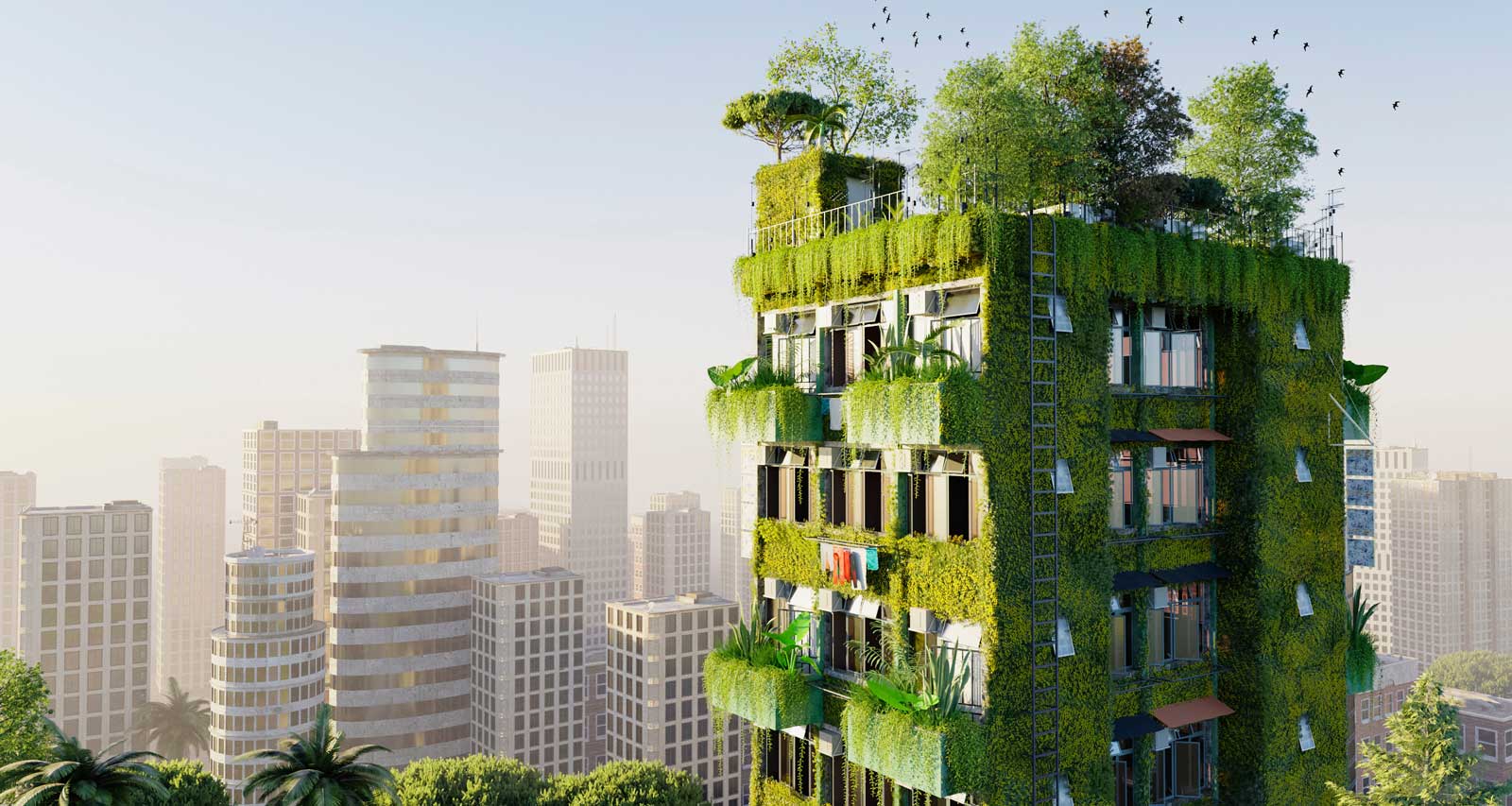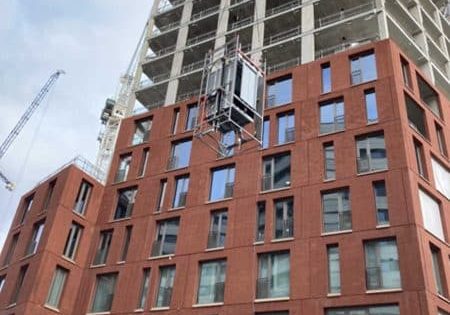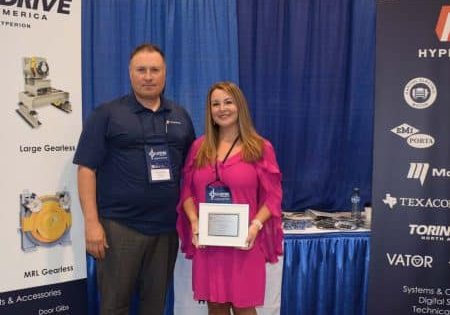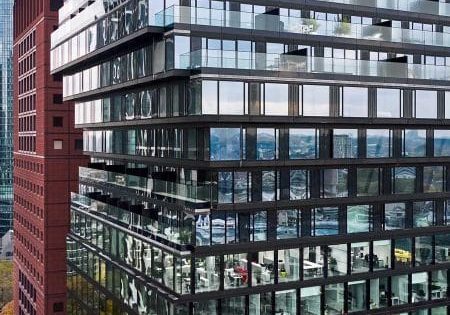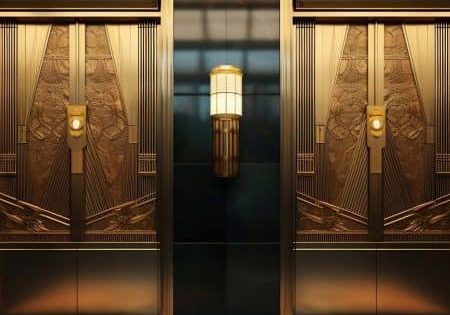Recently, I finished a book titled The Devil in the White City, a nonfiction work about the building of Chicago’s World’s Fair in the late 1890s. Written by Erik Larson in 2003, it is told from the perspective of the fair’s primary architect, and elevators play a huge part in the story. Invented in the 1850s, the elevator gives this architect the feeling that there are no limits (in buildings and in his imagination). The book takes you back to the beginnings of our industry and several others, which seem not so long ago. Warning — there is also murder and mayhem in the book — but the sheer manpower needed to build a city is fascinating.
We focus this month on “sustainability.” Basically, this means to be able to maintain or support a process over time without depleting physical or natural resources. Many in our industry are exploring ways of working sustainably. We all recognize that this planet is our only home to live on, but sustainability must also be economically feasible. Harvard Business School lists two ways to measure sustainable business practices: the effect a business has on the environment and the impact it has on society, while still being profitable.
The vertical-transportation industry appears healthy, profitable and working very hard on the sustainability issue. We have seven entries on this subject:
- First up is Otis with The Gen360™ Platform, the Next Generation of Digital and Sustainable Elevators by Pascal Rebillard, Alper Caliskan and Vijay Lakamraju. The new Gen360 is a digital, machine-room-less elevator with maintenance from inside the cab on a working platform.
- LEED by Example by Philip W. Grone. While LEED has been active for 25 years, the new release of LEED V5 will spur building innovation and better position the industry to address the climate.
- Ultra-Thin, Acid-Etched High-Strength Glass. Pulp Studio invents a product perfect for elevator cabs that is light, strong and artistic.
- Supply Chain Success by Tim Kelley. Encoder Products Co. shares how it weathered the pandemic supply chain crisis by taking a risk and investing in materials it would need in the future.
- Digitally Native Elevator for Older Buildings. TK Elevator’s EOX Renew elevator was designed and produced in Europe with 100% green electricity and is being used to modernize existing low-rise buildings.
- Accelerating Decarbonization by Lindsay Fletcher. The author interviews KONE Singapore Managing Director Sylvia Koh-Gratton, who notes that the built environment is responsible for 39% of energy-related carbon emissions. She emphasizes how lifts are helping buildings become more sustainable.
- And finally, Sustainability in the Elevator Industry — Impact Review by TAK Mathews, a paper presented at the recent International Elevator & Escalator Symposium (IEES) in Scotland. The author reviews the terms in use for the industry and notes that “whole life carbon” means emissions for the entire life cycle of the equipment.
Several features this month focus on events that were held at the very end of 2023 – GEE in Italy and IEES in Scotland. GEE Milan by Angie C. Baldwin was the first Global Elevator Exhibition, which attracted OEMs and many others to exhibit at Fiera Milano. There was an excellent conference in combination with the expo. Just a few weeks later, Champagne, Castles and Collaboration by Kaija Wilkinson highlights the fourth IEES, a collaboration of Liftinstituut and ELEVATOR WORLD. A famous hotel across from a castle brought together leaders to discuss pressing subjects.
There are many other columns and features to partake of and learn from. We hope you enjoy this issue, and you can always let me know at [email protected].
Get more of Elevator World. Sign up for our free e-newsletter.
